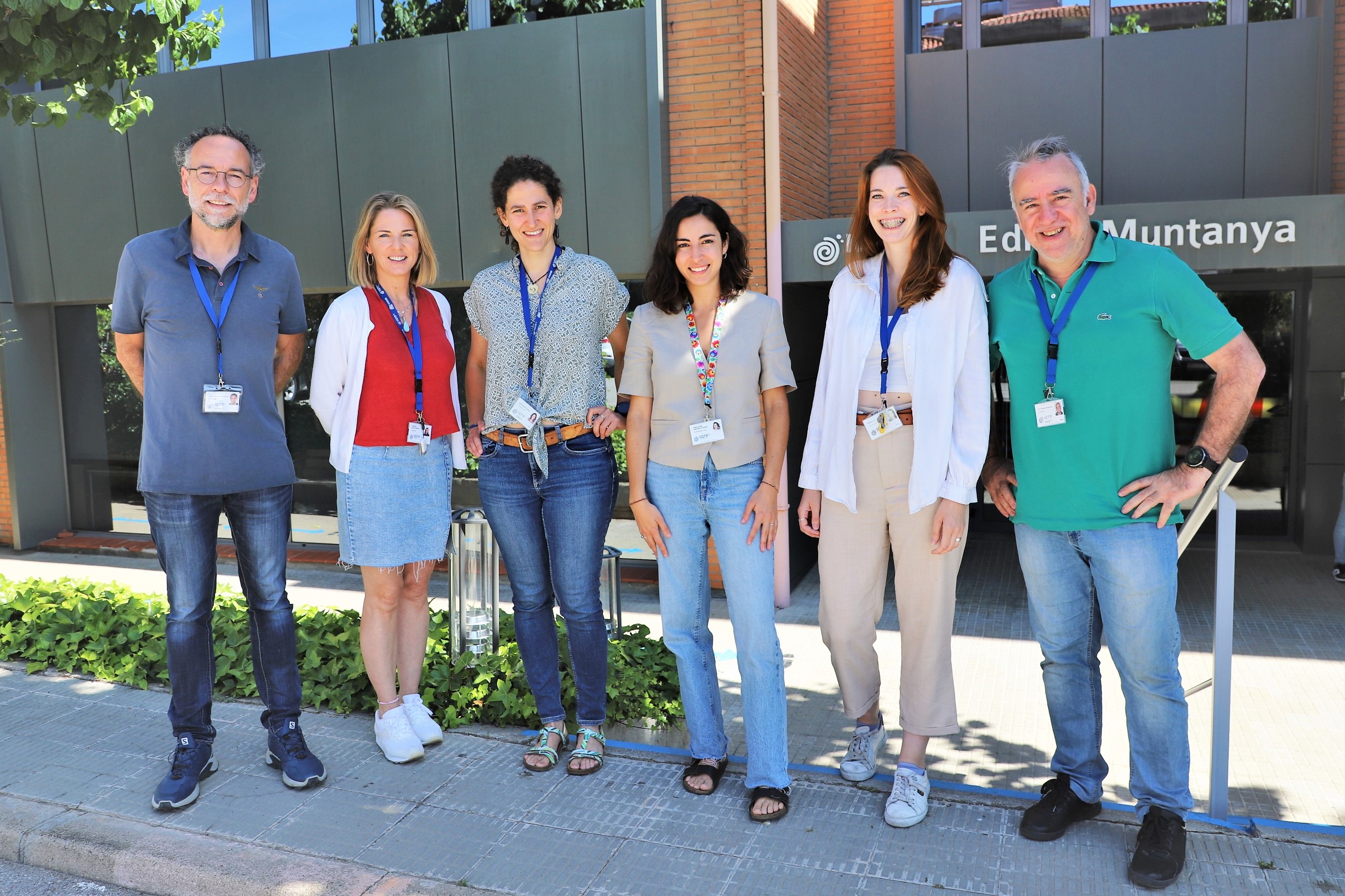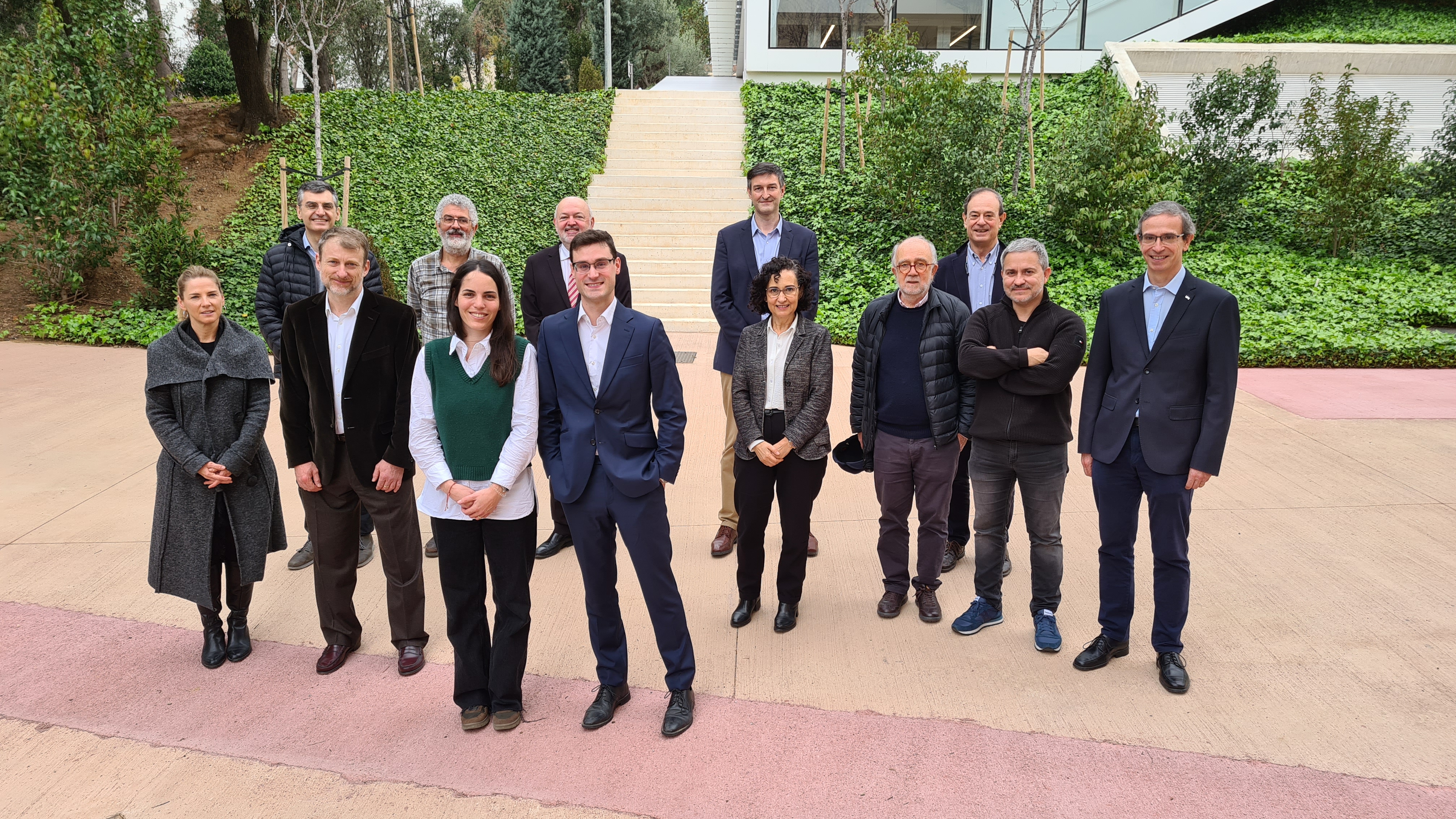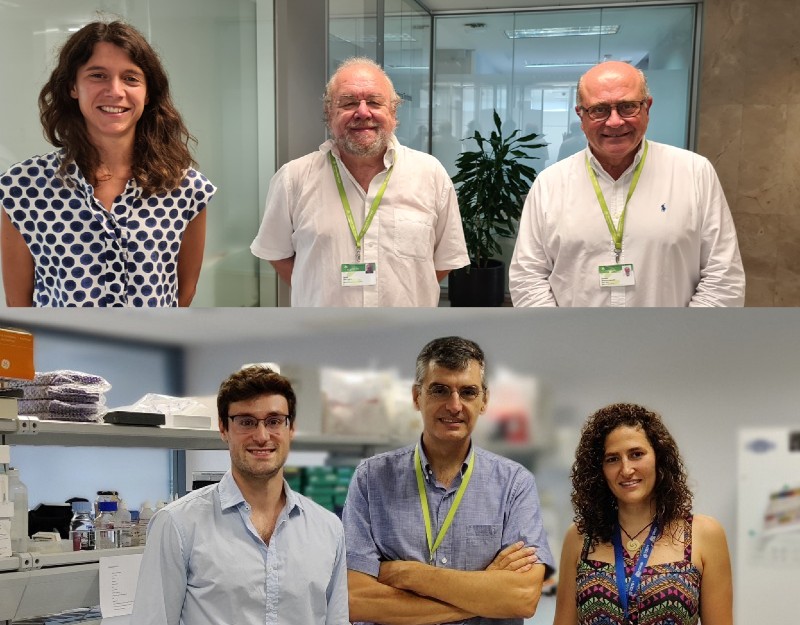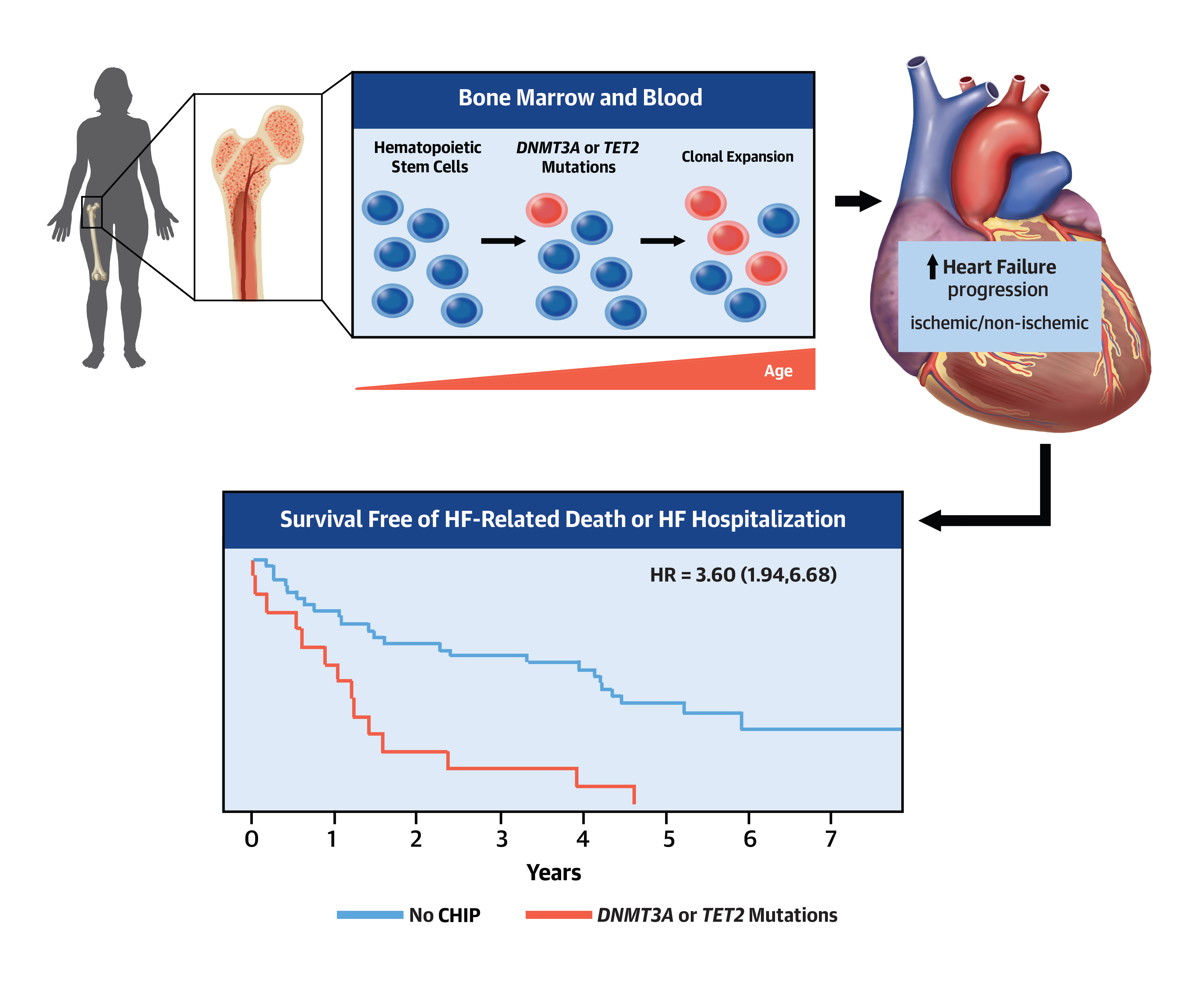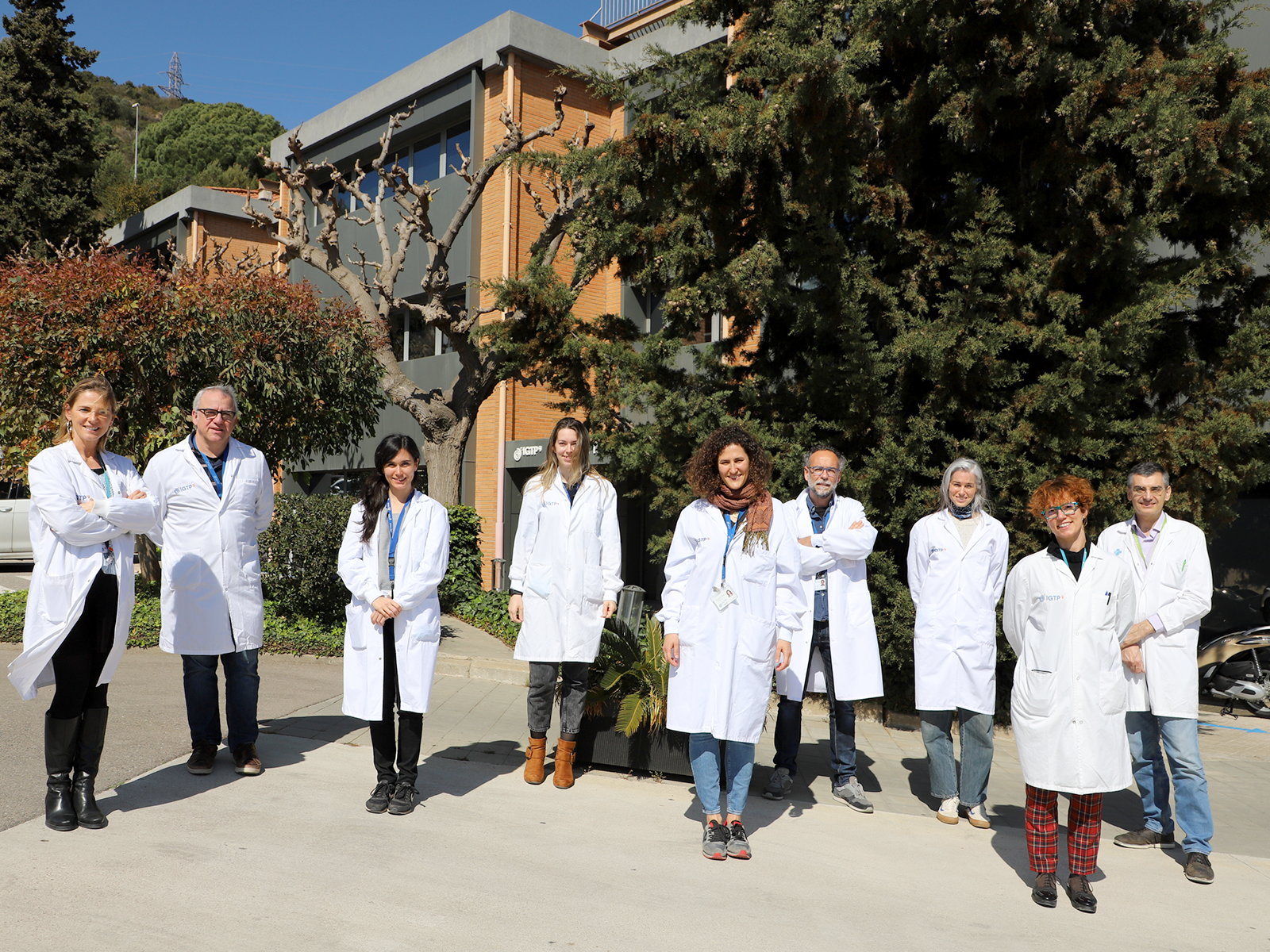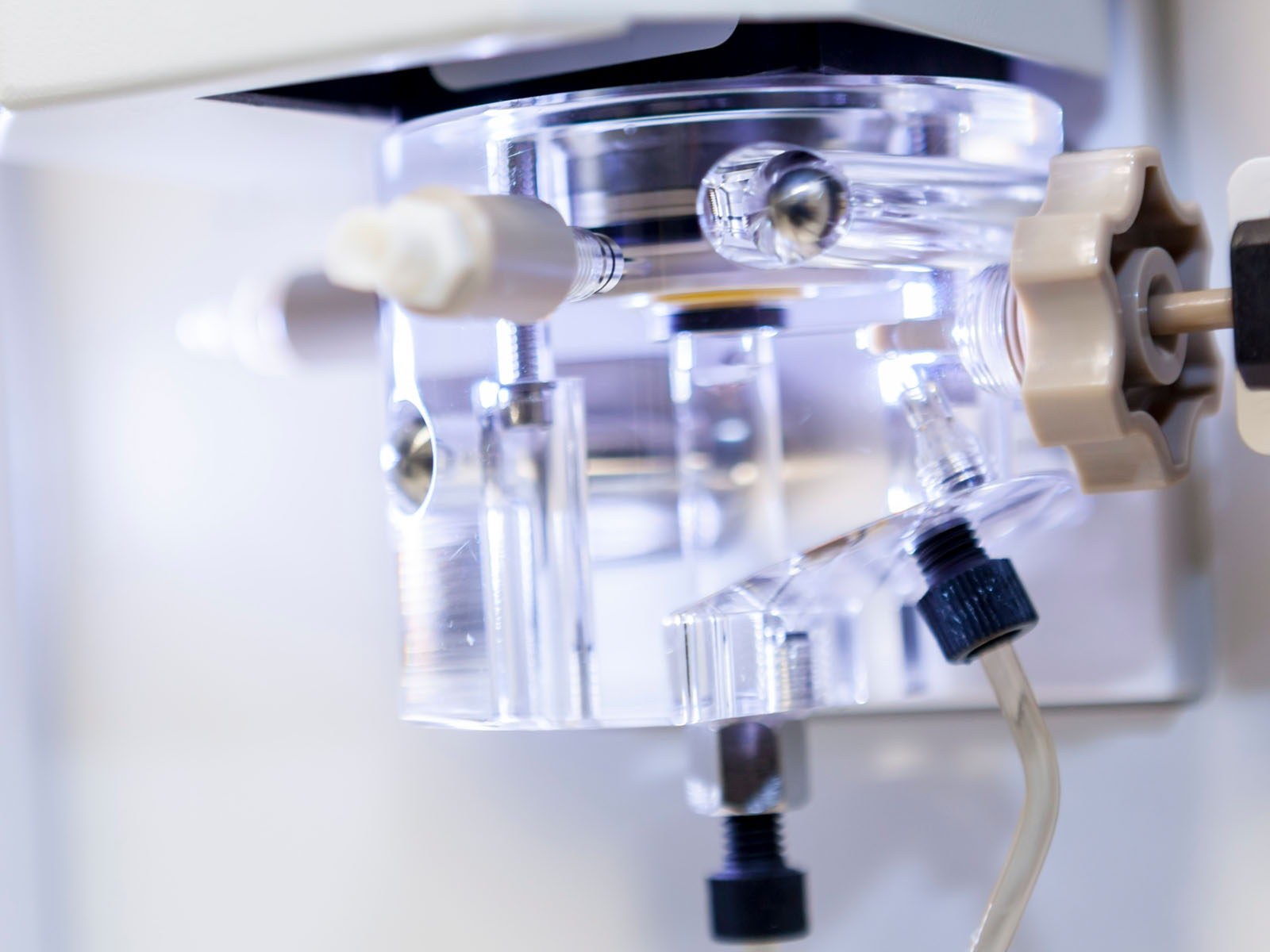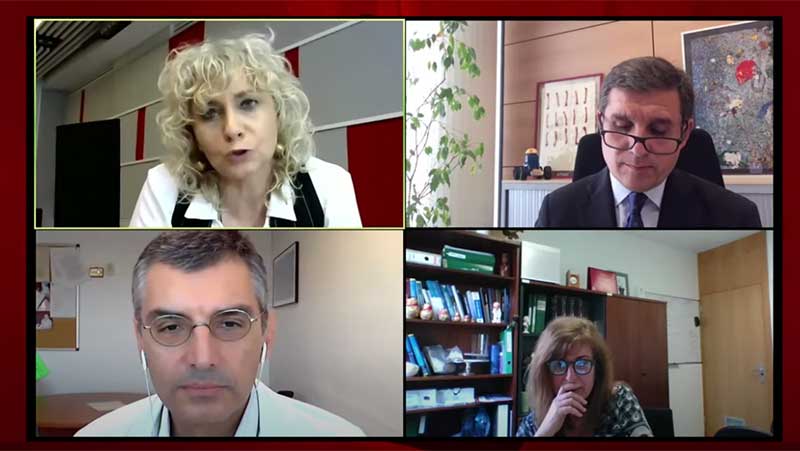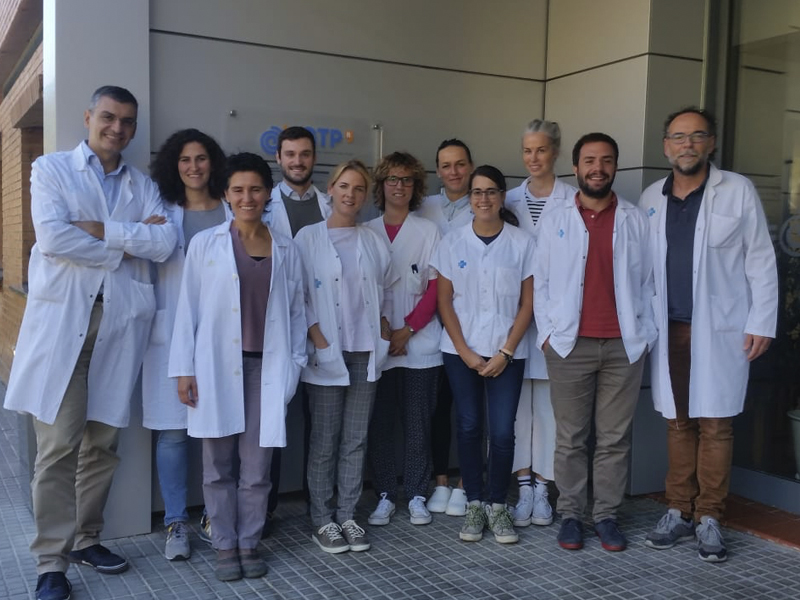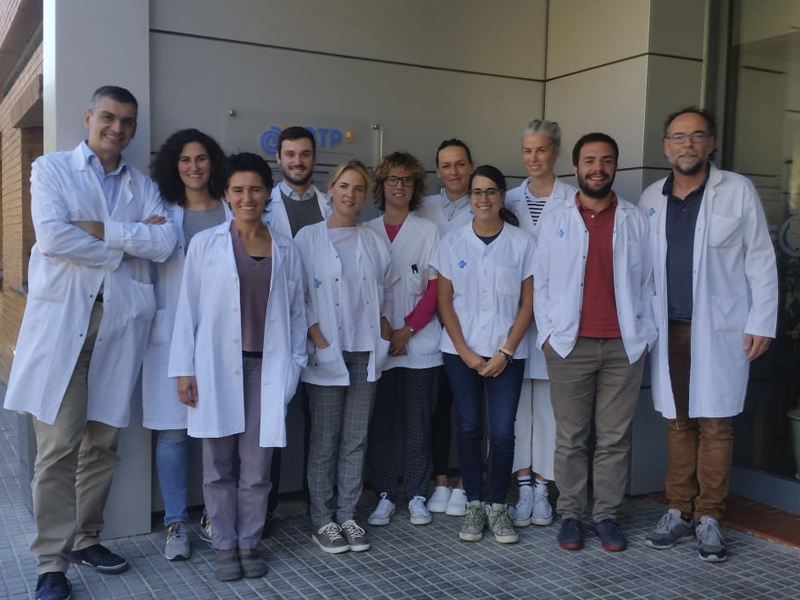Bioimplants with extra-cellular vesicles from stem cells can improve cardiac function after an acute myocardial heart attack
Researchers from the ICREC Group (Cardiac Insufficiency and Regeneration) in cardiovascular diseases at the Germans Trias i Pujol Research Institute (IGTP) continue to work on therapeutic technologies to repair cardiac tissue after a heart attack. In an article published in Theranostics, they present a study of extracellular vesicles from mesenchymal stem cells combined with tissue engineering as a therapy to repair the heart after a heart attack. They have carried out the study on a porcine heart attack model at the Centre for Comparative Medicine and Bioimage (CMCiB) at the IGTP.
